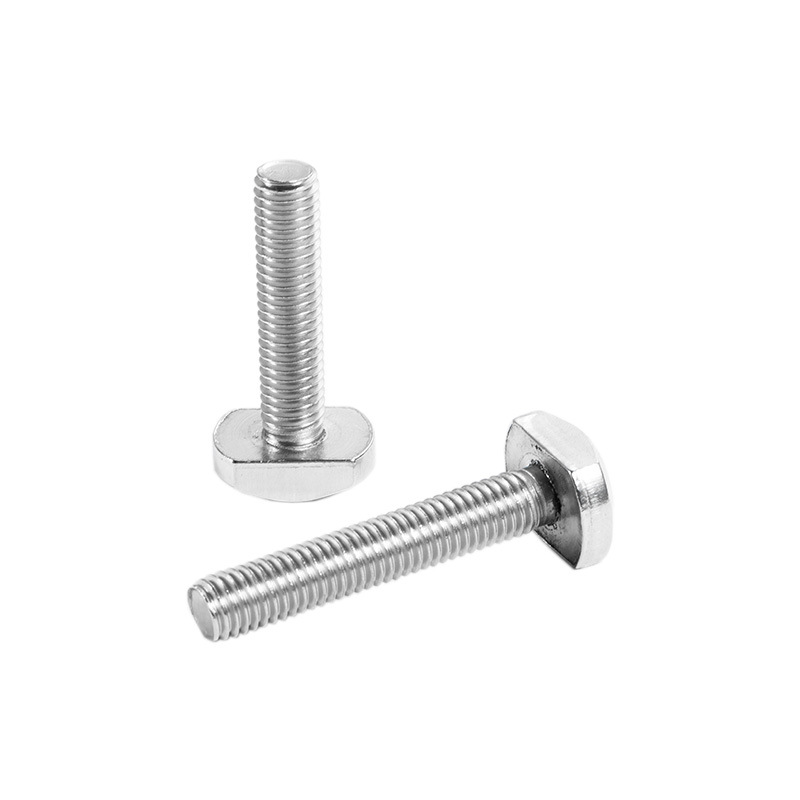

plain flat washer
Dec . 13, 2024 15:26 Back to list
plain flat washer
Understanding Plain Flat Washers Their Importance and Applications
In the world of engineering and construction, the significance of seemingly small components often goes unnoticed. Among these components, the plain flat washer plays a crucial role in ensuring the integrity and durability of various assemblies. This article explores the definition, functions, types, and applications of plain flat washers, shedding light on their essential role in mechanical assemblies.
What is a Plain Flat Washer?
A plain flat washer is a thin plate, typically made of metal or plastic, with a hole in the center. Its primary purpose is to distribute the load of a threaded fastener, such as a bolt or a screw, across a larger surface area. By doing so, it prevents damage to the surface of the material being fastened and helps to maintain a secure and stable connection. These washers can vary in size, thickness, and material, making them versatile components for various applications.
Functions of Plain Flat Washers
1. Load Distribution One of the primary functions of plain flat washers is to distribute the load from the fastener over a larger area. This reduces the likelihood of deformation in the material being joined, especially if it is softer or more susceptible to wear.
2. Protection Washers act as a barrier between the fastener and the surface of the material. This helps to prevent scratching, marring, or other forms of damage to the workpiece, prolonging its lifespan and maintaining its integrity.
3. Vibration Damping In many applications, especially in machinery and automotive components, vibration can lead to loosening of fasteners. Plain flat washers can provide a level of friction that helps to resist the effects of vibration, thereby maintaining the tightness of the connection.
4. Preventing Corrosion When used in conjunction with other components, plain flat washers can help create a seal that minimizes exposure to moisture and other corrosive elements. This is particularly important in outdoor or high-humidity environments.
Types of Plain Flat Washers
While the basic design of a plain flat washer remains the same, variations exist to suit specific applications
plain flat washer

- Standard Washers These are the most common type, made from materials like steel, stainless steel, or plastic. Standard washers are available in various thicknesses and diameters.
- Lock Washers Although not a plain flat washer in the strictest sense, lock washers serve a similar purpose while providing additional resistance to loosening due to vibration. These feature a split design that allows them to grip the bolt or nut more firmly.
- Fender Washers These have a larger outer diameter compared to standard washers, providing even more surface area for load distribution. They are often used in applications where a wider bearing surface is needed to reduce the risk of material deformation.
Applications of Plain Flat Washers
Plain flat washers are used in a multitude of industries and applications, including
- Construction In building structures, washers are used to secure beams, columns, and various fixtures. They play a critical role in ensuring that connections remain stable over time.
- Automotive Washers are integral to both automotive assembly lines and repair shops. They are used to secure components like engines, suspensions, and body parts.
- Machinery In manufacturing and industrial equipment, washers provide essential support for fastening various system components, ensuring that machinery operates safely and efficiently.
- Electronics Small plain flat washers are also found in electronic devices, where they help secure circuit boards and components, preventing damage during assembly and operation.
Conclusion
While plain flat washers may appear to be simple, their role in ensuring the safety and reliability of mechanical assemblies is far from trivial. From construction to automotive and electronic applications, these small yet vital components contribute significantly to the overall performance and longevity of various systems. Understanding their functions, types, and applications can help engineers and builders make informed choices that enhance the quality and durability of their projects. Thus, the humble plain flat washer stands as a testament to the importance of every component in engineering and manufacturing.
Latest news
-
High-Strength Hot-Dip Galvanized Bolts-Hebei Longze|Corrosion Resistance&High Strength
NewsJul.30,2025
-
Hot Dip Galvanized Bolts-Hebei Longze|Corrosion Resistance&High Strength
NewsJul.30,2025
-
Hot Dip Galvanized Bolts - Hebei Longze | Corrosion Resistance, High Strength
NewsJul.30,2025
-
High-Strength Hot Dip Galvanized Bolts-Hebei Longze|Corrosion Resistance, Grade 8.8
NewsJul.30,2025
-
Hot Dip Galvanized Bolts-Hebei Longze|Corrosion Resistance,High Strength
NewsJul.29,2025
-
High-Strength Hot Dip Galvanized Bolts - Hebei Longze Metal Products Manufacturing Co., Ltd.|corrosion resistance&high strength
NewsJul.29,2025

